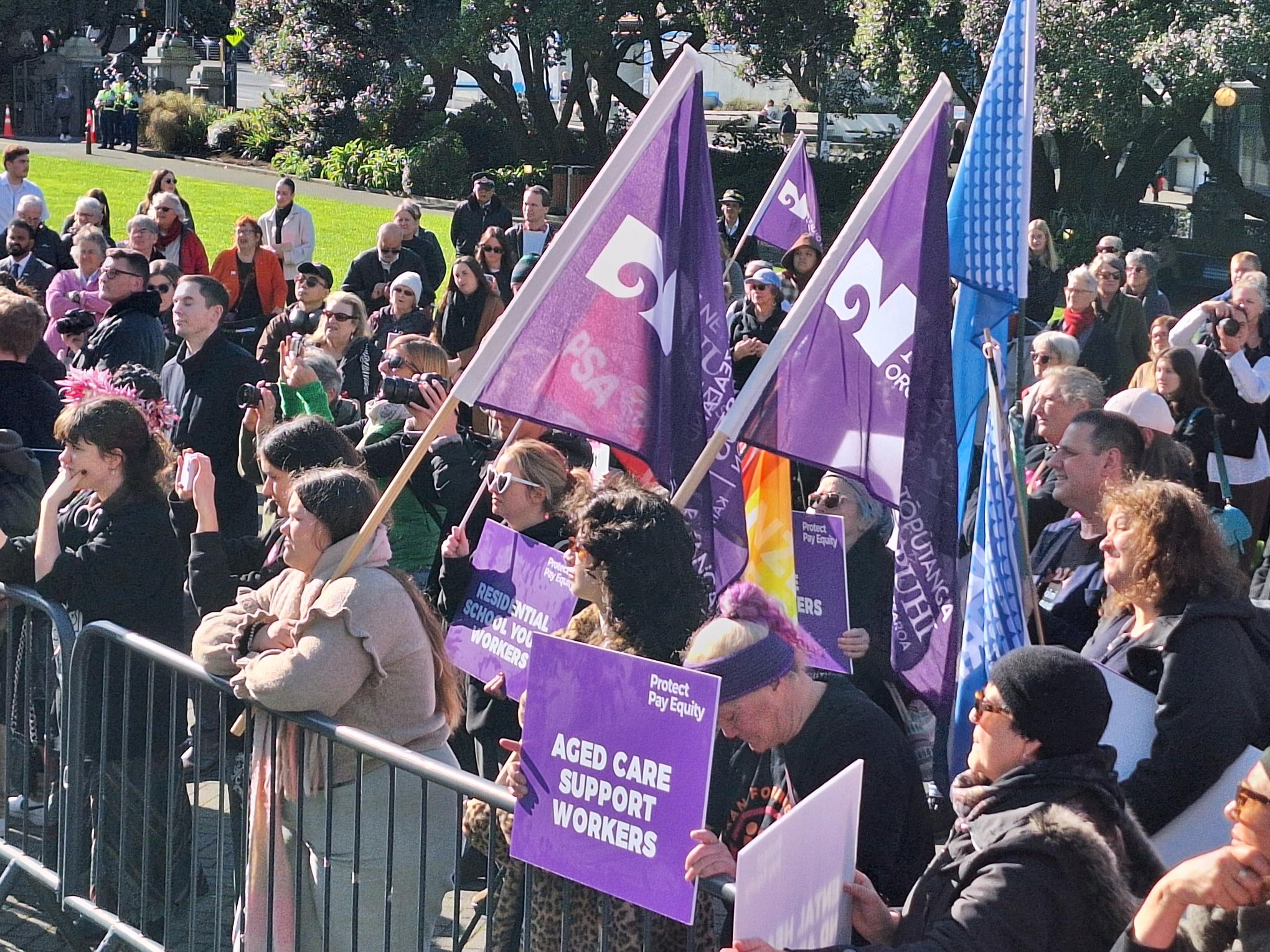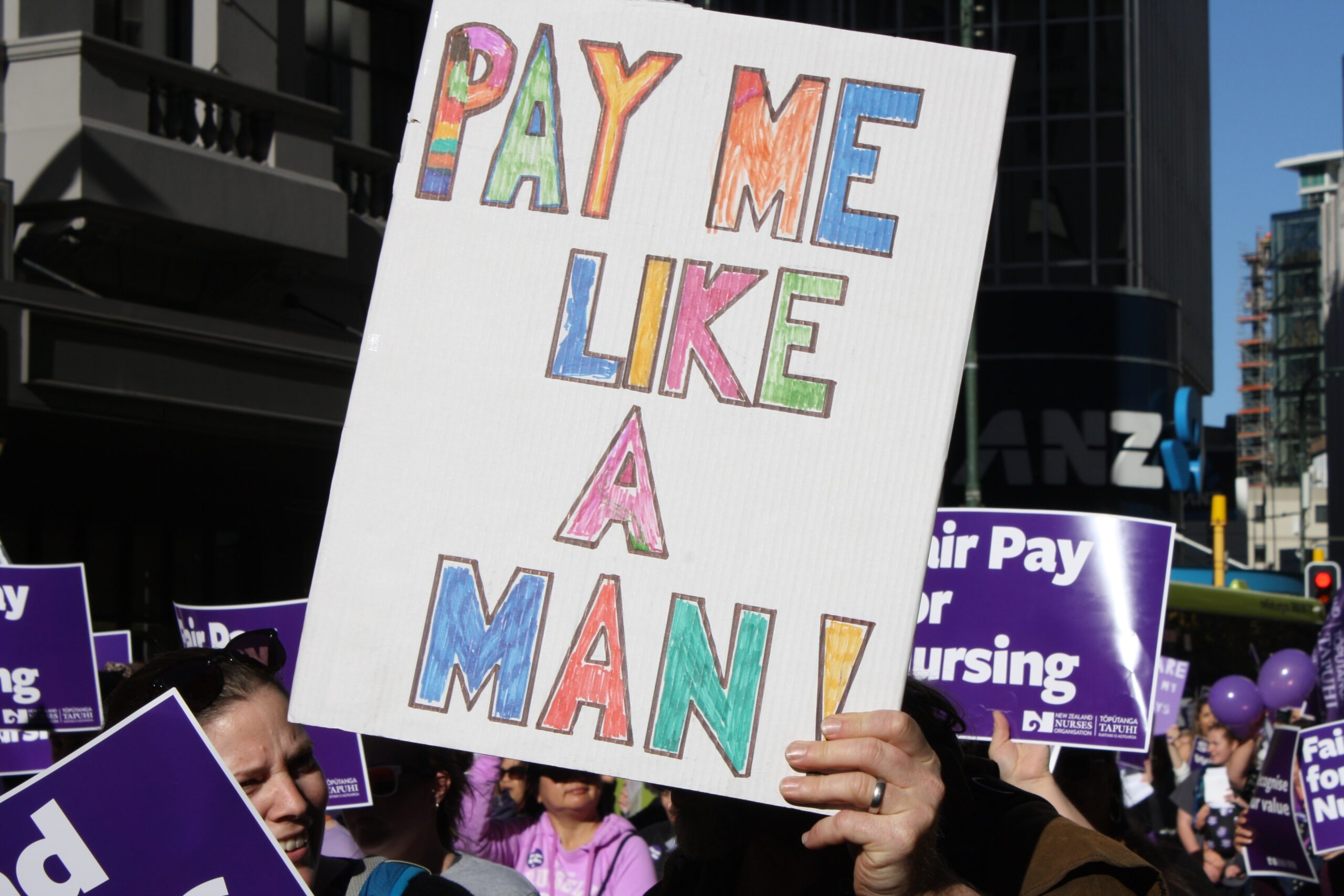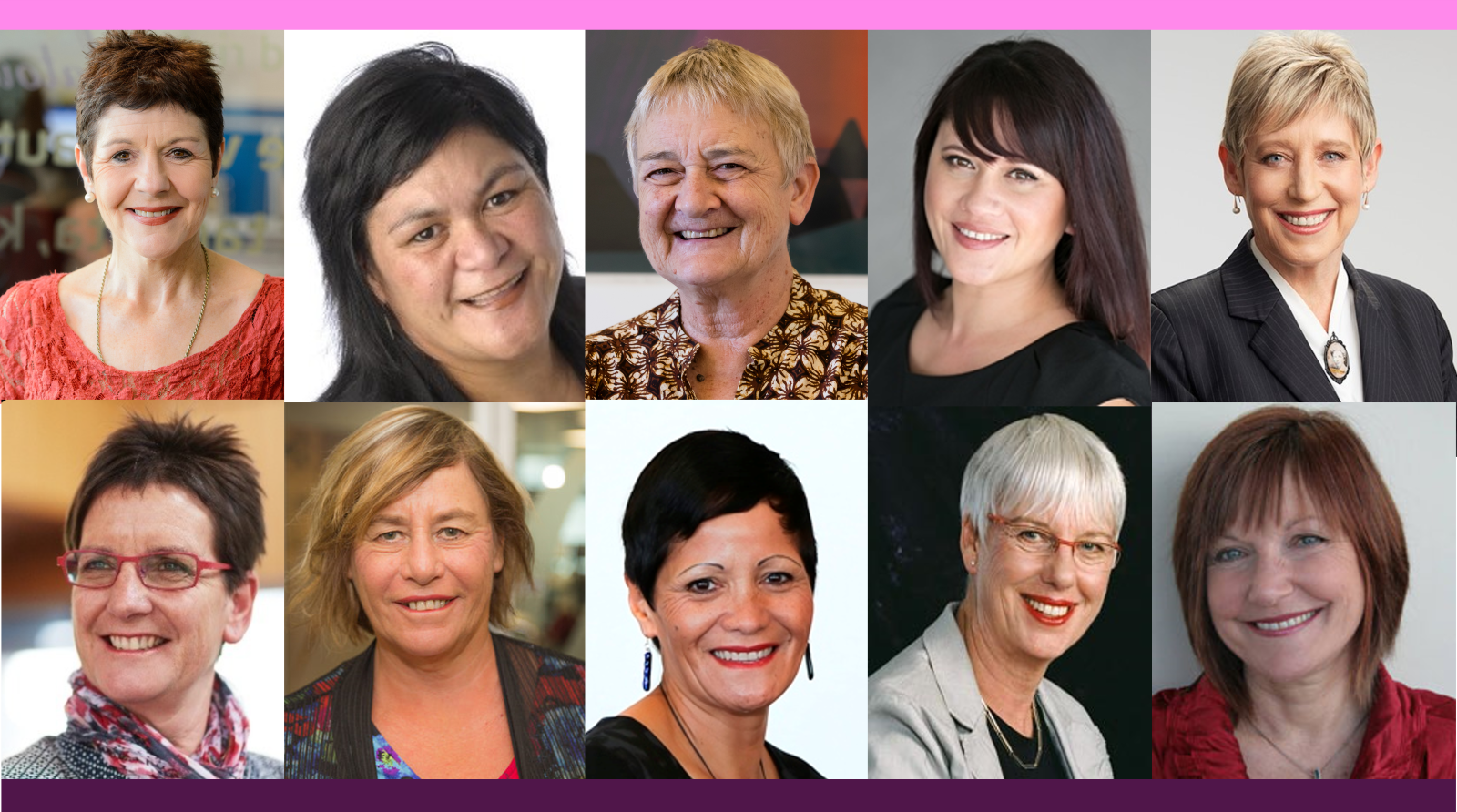The bad news came in a submission by public health nurse Sally Scott, offering her perspective as an everyday worker who had won pay equity in Te Whatu Ora.
The current collective bargaining offer on the table for NZNO Te Whatu Ora members was a 2 per cent increase in 2025 and 1 per cent in 2026, with a lump sum offer of $325 for each year, Scott said.
However police — a male-dominated profession used as a comparator in pay equity calculations — were offered 4 per cent in 2024 and 4 per cent in 2025, with a lump sum offer of $1500 in 2025, she said.

“So therefore Te Whatu Ora nurses no longer have pay equity. And as noted in the pay equity legislation we cannot re-raise the claim for 10 years after settlement, by which time nurses and police pay would have been increasingly disparate, and nurses in effect would be taking a pay cut.”
In May the Government axed all 33 current pay equity claims worth $12.8 billion ahead of Budget 2025.
It installed tough new thresholds for bargaining to even recommence. NZNO had 12 active claims covering 13,231 members in play, plus one review for Te Whatu Ora members, covering about 40,000. All up affecting more than 50,000 members — including a Plunket settlement only weeks from completion.
There was no warning or consultation — prompting the formation of the people’s select committee, to give communities a voice on the issue.
Scott said back in her late 30s and early 40s she worked as a Plunket nurse three days a week with three young children.

“In the school holidays I paid more in childcare than I earned. Even in term time a significant proportion of my salary went to preschool and afterschool care.”
It got to the point where she realised the cost to her family life “wasn’t worth the pittance I was earning”.
She calculated, adjusting for inflation, that after paying tax and childcare she was taking home just $17,000 a year.
“This is why I think pay equity is so important. You shouldn’t have to have a well-paid partner to work in your chosen profession.”
In 2023 Te Whatu Ora nurses received a lump sum payment and a back-dated pay equity increase.

The increase was welcome financially, Scott said, but was also simply a sign of respect for the profession.
“Finally in my nursing career I was earning money which I felt I deserved. I’ve got five years of tertiary education, I shouldn’t be earning a pittance. I’m a senior nurse, you can tell by the grey hair.”
In August NZNO joined four other unions in a legal challenge at the High Court, Wellington, against the Government’s axing of pay equity rights.
Meanwhile in September, NZNO Plunket and hospice members became the first to refile pay equity claims under the new law.




